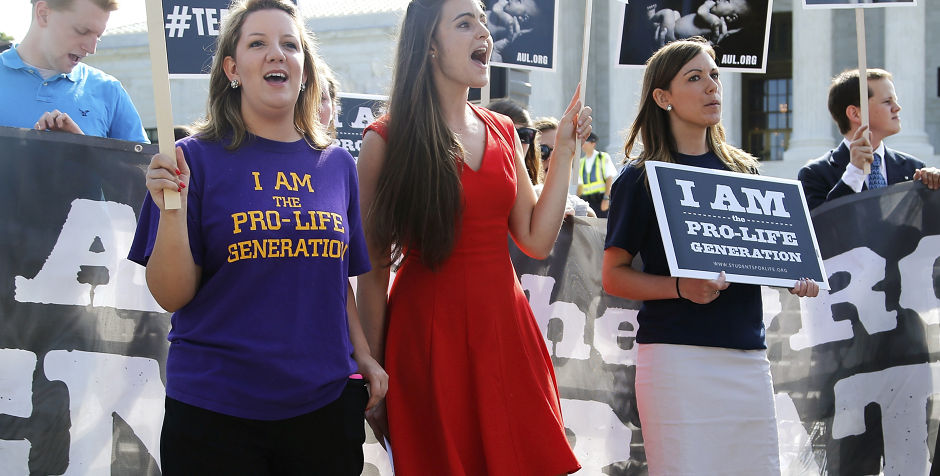HHS Mandate Challenges Move Forward
Thanks to two decisions of a federal court of appeals handed down today (here and here), it is now almost certain that the U.S. Supreme Court will decide next term whether the Obama administration can force religious entities, institutions, and groups -- under pain of severe financial penalties -- to trigger coverage of abortion-inducing drugs for their employees.
As explained in more detail here, the Supreme Court’s decision in Hobby Lobby did not stop the Obama administration from aggressively moving forward with its mission to make abortion-inducing drugs as widely available as possible -- even if it means requiring a Catholic order of nuns, like the Little Sisters of the Poor, to violate their conscience.
Until today, every court of appeals to consider the matter has ruled in favor of the administration and its onerous Mandate and bogus “accommodation.” Contrary to the plain meaning of the Religious Freedom Restoration Act, and the Supreme Court’s Hobby Lobby decision explaining that federal law, these courts held that the religious exercise of a religious group is not substantially burdened when that group is forced to execute a document that triggers the provision of drugs to which it religiously objects.
In today’s rulings, the Eighth Circuit Court of Appeals got it right -- and showed why the other courts got it wrong. The Eighth Circuit correctly understood that it is not the role of the courts to “second-guess” a religious claimant’s “honest assessment” of what does and does not violate his religious beliefs. In deciding whether a law substantially burdens religious beliefs, courts should look no further than the penalties imposed for failure to comply with the law and whether those penalties compel obedience; they are not to decide whether a religious claimant’s beliefs and practices are correct or reasonable. Courts of law are courts of law, not courts of theology.
For these reasons, in light of the sincerely held religious beliefs of the non-profit challengers in these cases, the Eighth Circuit held that compelling “participation in the accommodation process by threat of severe monetary penalty is a substantial burden on their exercise of religion.”
Because of today’s rulings, there is now a clear division of opinion among the circuit courts of appeal as to whether the administration can force religious groups to comply with the Mandate through its so-called “accommodation.” And thanks to this circuit split, over an issue of fundamental importance involving federal laws and regulations, Supreme Court intervention is almost certain.
We should know for sure this fall what course of action the Supreme Court will take.
We will keep you posted.
